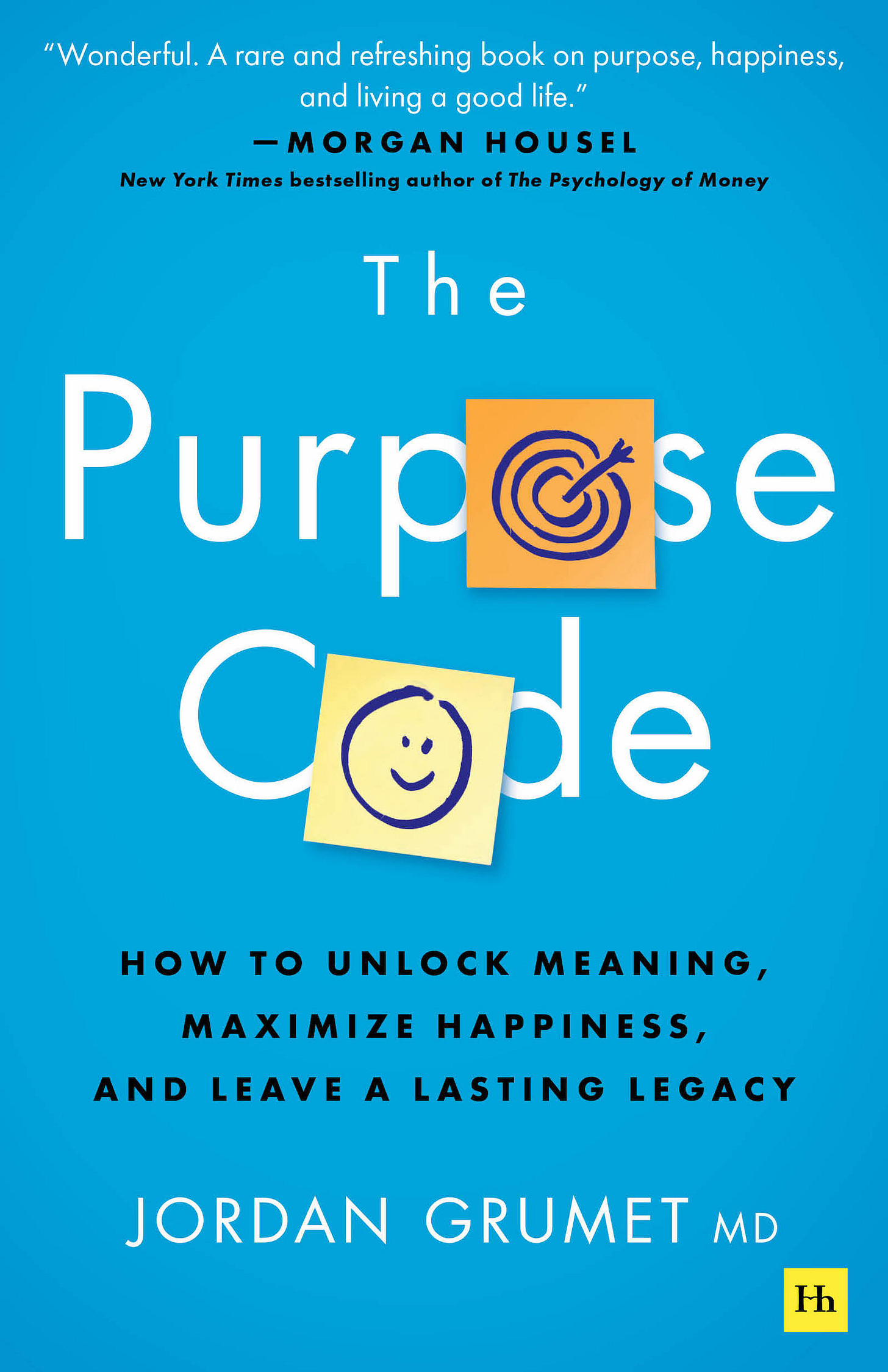Happiness Doesn’t Come From How You Spend Your Money
Ramit Sethi, Bill Perkins, and the Money-Happiness Myth
I’ve spent a lot of time thinking about the relationship between money and happiness. And lately, something unexpected has been happening in the financial world: some of its biggest voices are telling you to spend more.
Yes, you read that right. Financial influencers who built their reputations on smart saving and investing are now encouraging you to loosen the purse strings. Two of the most prominent are Ramit Sethi and Bill Perkins.
Ramit talks about living your rich life—spending intentionally on what brings you joy and skipping the guilt. Bill, in his book Die With Zero, says you should aim to maximize your life experiences now, spend freely, and leave as little money behind as possible. He wants you to create “memory dividends”—emotional returns on money spent on meaningful experiences.
I think both of these thinkers are incredibly smart. Their ideas are refreshing in a world obsessed with hoarding wealth and deferring pleasure. But I also think they’re missing something essential. Because while their advice may nudge us closer to spending without shame, it doesn’t necessarily bring us closer to happiness.
And that, I believe, is the bigger issue.
Happiness Isn’t a Spending Problem
You’ve heard me say it before: happiness is a mix of meaning and purpose.
• Meaning is the story we tell ourselves about our past—how we interpret our experiences, especially the painful ones. It’s about making peace with where we’ve been.
• Purpose is what lights us up in the present and drives us toward the future. It’s about doing things that feel important and fulfilling, no matter your financial situation.
By that definition, happiness doesn’t come from how you spend your money. It comes from how you spend your life.
Money can certainly help. It can buy therapy to process your past and unlock meaning. It can buy you time, freedom, and options that allow you to pursue your purpose. But money itself? It’s not the point. It’s just a tool.
The Anxiety of “Spending Right”
Here’s the paradox. I know people who have saved diligently for decades, built up significant wealth, and now feel… guilty.
They’re worried they won’t spend enough before they die. They’ve read the books, heard the podcasts, and now feel a new kind of pressure: to extract every ounce of joy and return from every dollar.
They’re booking lavish trips. Checking off bucket lists. They’re trying to craft the perfect spending plan—not to conserve, but to maximize.
And it’s making them anxious.
Why? Because happiness doesn’t live in your transactions. It doesn’t come from booking a $10,000 vacation any more than it does from sticking to a $10-a-day budget. It comes from whether you feel good about your life, your relationships, your time, and your contribution to the world.
So let me say this loud and clear: If you’re reading this blog, you’re probably going to die with too much money.
And guess what? That’s okay.
Don’t Trade One Treadmill for Another
Too many people go from save-anxiety to spend-anxiety. They leave behind the fear of running out of money, only to pick up the fear of not using it well enough.
You don’t need to perfectly optimize your memory dividends. You don’t need to “die with zero.” If that happens organically—great. If not, also great.
What matters more is whether you lived a life that felt meaningful and purposeful.
Whether you loved, grew, connected, contributed.
Whether you found joy in ordinary days—not just the expensive ones.
Dying Broke Isn’t the Goal
Here’s the truth: You don’t need to fear dying rich.
You shouldn’t be judged by how close to zero your bank account hits before your final breath.
What matters is how you lived.
We tend to die the way we lived. If you want to die with peace, contentment, and no regrets, then start by living that way now. That means tending to your past and telling yourself kinder stories. It means taking care of what brings you purpose, even in small daily ways.
That might involve money. But it probably won’t require as much of it as you think.
The Real Wealth
Ramit Sethi and Bill Perkins offer something important: permission to stop hoarding and start living. And for many, that’s deeply liberating.
But spending isn’t the ultimate answer.
Happiness doesn’t ask for more airline miles or luxury dinners. It asks for inner peace and outward purpose. And neither of those can be bought. They come from within—from doing the inner work, and then putting your energy toward what lights you up.
If you’ve already saved wisely, take a breath. Don’t rush to the other extreme.
You don’t have to fear dying with money left over.
You just have to make sure you lived while you had the chance.
References:
• Perkins, B. (2020). Die with Zero: Getting All You Can from Your Money and Your Life. Houghton Mifflin Harcourt.
• Sethi, R. (2009). I Will Teach You to Be Rich. Workman Publishing.
Did you catch this week’s episode of Earn & Invest (Click to listen)?







Happiness comes from how you spend your time, not your money has to be the smartest insight I've heard in a while. Well said!